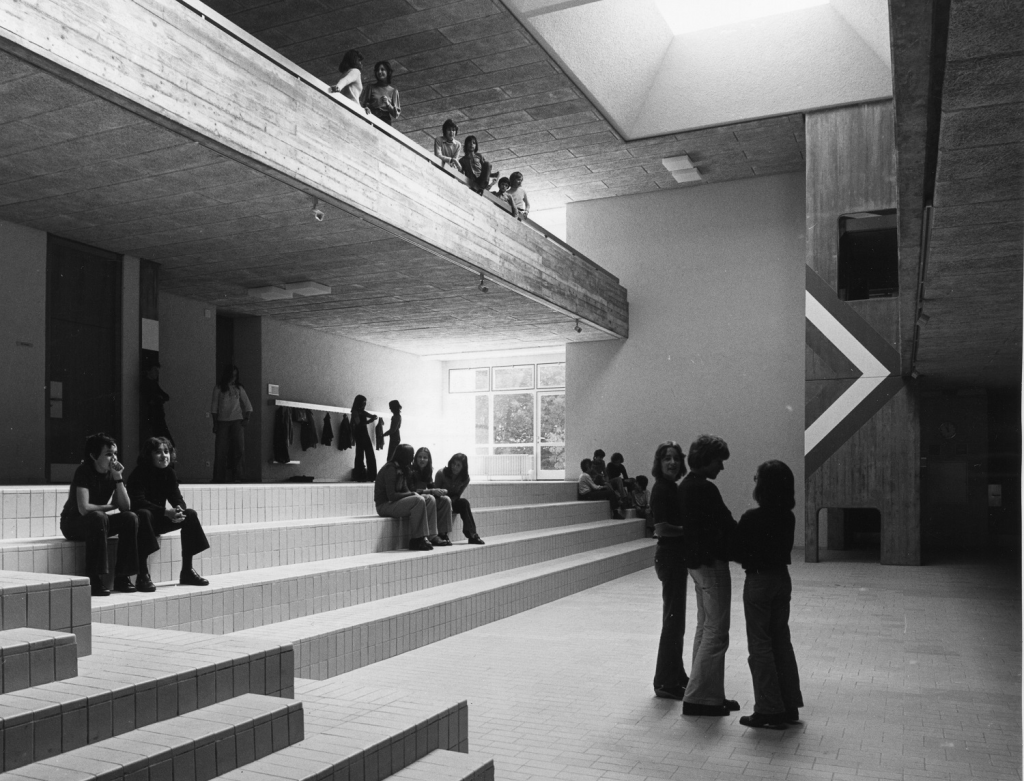Social issues in the expansion of SEC II in Switzerland between 1960 and 1980. Debates, decisions, effects and specificities at cantonal level. (EvoSEC)
Between 1960 and 1980, the debates surrounding the democratisation of education had a profound influence on the expansion of SEC II programmes in Switzerland, with differing repercussions at the level of the various cantonal education policies.
In the second half of the twentieth century, the Swiss education system underwent a period of rapid expansion, particularly in upper secondary education (SEC II). This educational expansion took place during a period of economic boom following the end of the Second World War, which put pressure on the Swiss education system to meet the challenges of a growing demand for skilled labour and of more and more demanding requirements in terms of qualifications. Alongside these economic challenges, the Swiss education system was also confronted with social issues: from the 1960s onwards, the themes of justice, equality and the democratisation of education dominated public debates and influenced cantonal education policies to varying degrees.
While current research has been able to describe the broad outlines of this decisive period in the development of the Swiss education system, in-depth studies of the impact of social issues are still lacking. The aim of our project is therefore to analyse the influence of social issues on the development of education policies and on the general development of the SEC II in Switzerland in the 1960s-1980s, and to identify the specific features of this influence at the level of the various cantonal policies, especially with regard to the relationship between general education and vocational education.
More specifically, our project aims to analyse the development of the entire upper secondary level (general and vocational education) in five cantons (Vaud, Ticino, Fribourg, Basel-Stadt and Thurgau). Particular attention will be paid to the themes of school justice, equal opportunities and the democratisation of education, and to their influence on the development of the various cantonal education policies at upper secondary level. The project aims to explore the nature of these social arguments, to describe the way in which they have shaped public and political debates and to identify the respective actors who refer to them. In addition, it will highlight the concrete measures that have been taken and that characterise the various SEC II developments in Switzerland, based on the five selected cantons.
The research will be based on an analysis of a corpus of sources including official and administrative documents and documents reflecting the public debate at the time. These sources will enable a historical reconstruction of the situation in the selected cantons, their debates, the concrete measures adopted and their effects, as well as a discourse analysis to identify the cantonal specificities in the arguments and positions of the various players taking part in the public debate.
